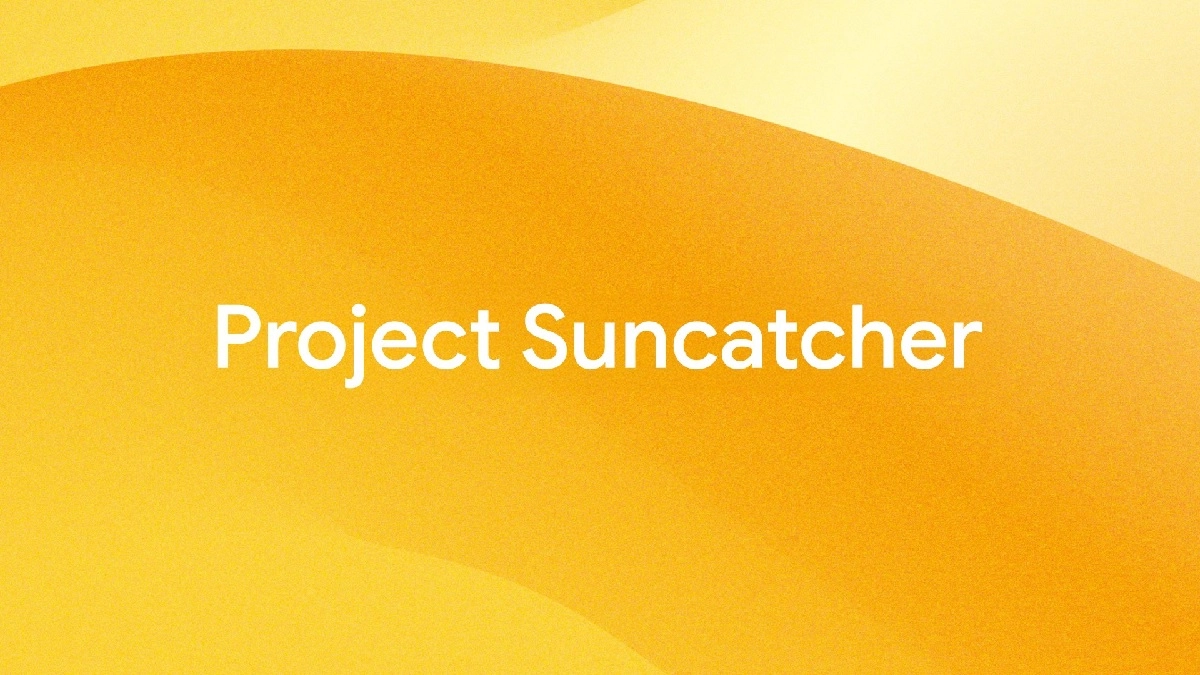Copyright news

Lawyer Oliver Morrissey, from Empower Law Group, said that children are being increasingly targeted by financial scams designed to exploit their inexperience on the popular gaming platform. “Young players can easily be tricked into giving away passwords to scammer-created web pages that promise ‘free Robux’, or to give away rare in-game items,” he said. “With this in mind, these are very successful scams because young players are less sceptical than adults and have high motivation based on in-game status.” From his experience, the three most popular types of scams include ‘Robux generators’ – fake sites offering free in-game currency – as well as fake trades and messages with suspicious links. “Parents are able to help their children avoid falling victim to these types of scams by simply teaching them one simple fact: There is no such thing as free Robux,” he said. “If you receive a message from someone telling you that you can get Robux for free by entering your username and/or password, it is a scam.” Mr Morrissey warned that the consequences can be more than virtual. He said in extreme cases, families have reported seeing unauthorised charges on their parents credit card totalling hundreds, if not thousands of dollars. “The financial consequences of being robbed of your Robux account can be very real and very costly,” he said. “In some cases, after losing access to their Robux account, kids will go ahead and use their parents’ stored credit cards to purchase more Robux, to attempt to recoup the money they lost through online scams. “Unfortunately, the loss of virtual money turns into real money when it results in unauthorised purchases charged to their parents’ credit cards. Researcher and child wellbeing expert Dr Joanne Orlando said younger children are particularly vulnerable. “Children aged 10 years and under can struggle to distinguish between gameplay, advertising, and social pressure,” she said. “They’re impulsive, and the one-click way of joining games or making in-game purchases makes it easy to act without thinking.” And when it comes to the law, Mr Morrissey warns there are limited protections. “The primary piece of legislation that protects consumers only applies to children under 13 years old,” he said. “But its main focus is on protecting consumer’s personal data collected while they are online, rather than holding companies liable for scams that take place on their website. “Also, the protections provided by the law don’t extend to children aged 13-17, which is another age group that is frequently targeted by these types of scams.” A Roblox spokesperson said “before the end of this year, we will add extra safeguards that require users in Australia to verify their age with facial age estimation technology before they can use any messaging features”. TIPS FOR PARENTS First, link your email to their account and set up A parent PIN within Roblox to lock spending, chat, and privacy settings. Second, teach your child critical thinking: “Never share your password with anyone, not even a friend,” and if an offer feels like a secret or a cheat, it’s a scam.” Third, set a small monthly allowance for your child so that they are less likely to fall victim to “free” offers and treat it just like any other real world allowance. Source: Lawyer Oliver Morrissey Originally published as Roblox warning: How scammers are targeting Aussie kids for cash



